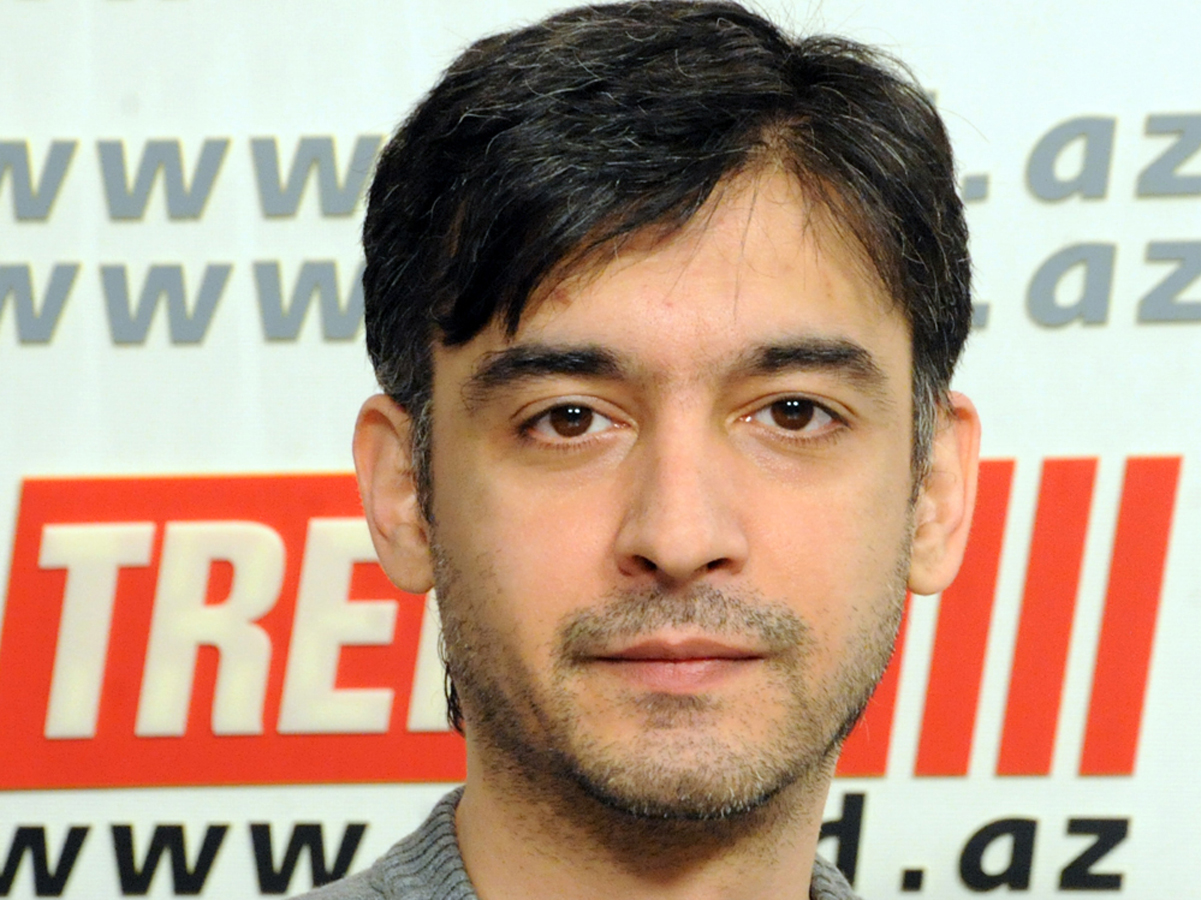Baku, Azerbaijan, March 30
By Umid Niayesh - Trend:
As the US and its European allies are seeking a meeting at the United Nations Security Council (UNSC) on Iran's latest ballistic missile tests, it seems that the Islamic Republic is also facing new problems inside regarding the disputed missile program.
The early March missile tests, which, according to the Western countries were "in defiance" of a UNSC resolution, have triggered a new confrontation at the top levels of Iranian administration.
During a speech March 30, Iran's Supreme Leader Ayatollah Ali Khamenei, while defending Iran's missile program, accused its critics of "treason."
Khamenei's website quoted him as saying those in Iran, who claim that tomorrow's world is the world of negotiations, not of missiles, show their unawareness if they say this unwarily, otherwise such claims constitute "treason".
The remarks follow a recent tweet by Ali Akbar Hashemi Rafsanjani, chairman of the Expediency Discernment Council of Iran, who tweeted March 24 that "tomorrow's world is the world of dialogue, not of missiles."

After the tweet was posted, Iranian conservatives attacked the 81-year old "godfather" of the moderates, accusing him of "undermining the government's stance" and "justifying" the West's promotional war against Iran's missile program.

Rafsanjani, the former powerful president (1989 -1997), who was the country's second person during the late leader, Ayatollah Ruhollah Khomeini, was gradually expelled from power structure following the disputed 2009 presidential election as differences between him and Khamenei deepened.
He was even disqualified by powerful Guardian Council from taking part in the 2013 presidential election. After that he backed Hassan Rouhani and played a decisive role in him being elected as a president.
Rouhani himself, who is described by some Iranian observers as "second Rafsanjani", has preferred to act in line with conservatives regarding the missile program.
He has recently been implicitly criticized by Khamenei due to his initiative to extend the historic nuclear deal with world powers (Joint Comprehensive Plan of Action, or JCPOA), which resulted in the removal of international sanctions on Tehran, to other areas in the Islamic Republic.
Referring to Iran's latest parliamentary election - in which pro-president coalition of moderates and reformists won an obvious victory in big cities particularly - Rouhani said Iranians launched the JCPOA 2, the National Joint Plan of Action, in the country.
Khamenei's response to this idea came quite quickly as he tacitly criticized Iran's nuclear negotiations team for violating some of his redlines, warning that the JCPOA cannot be extended to other issues.
"There are those who say that Iran needs 'JCPOA 2, 3 and 4' for the people to live comfortably, and who wrongly believe that economic problems will only be solved by negotiations with the US, and by retreating from 'principles, positions and red lines'," said Khamenei March 20.
Now it was Rafsanjani's turn to express support for Rouhani's moderate policies reiterating once again the importance of dialogue in settling disputes.
Rafsanjani has played a decision-making role in significant periods of the Islamic Republic's history. He has had an undeniable part in Khamenei's election as supreme leader in 1989.
Although expelled from power structure, Rafsanjani still enjoys significant influence and respect in the Islamic Republic, even among certain high-ranking IRGC officials.
During the recent election to Assembly of Experts, he stood at first place among Tehran's candidates, whereas symbolic hardliner figures Ayatollah Mohammad Yazdi and Ayatollah Mesbah Yazdi lost their seats in the assembly and the Guardian Council's chief Ahmad Jannati hardly secured his place there, standing at the bottom of the list of those elected.
Coming back to the recent implicit word duello between Khamenei and Rafsanjani, the veteran politician is not expected to respond to Khamenei's criticism and will prefer to keep quiet for a while as he has done in similar occasions in the past.
Today's statement by Khamenei and Rafsanjani's tweet actually symbolize the two opposing viewpoints in Iran: continuing the dialogue with the world and initiating further JCPOAs to settle other problems versus freezing the process of integration to the global community and even returning to isolation.
So, today, the Islamic Republic's administration stands at a crossroads following the fresh nuclear deal.
---
Umid Niayesh is Trend Agency's staff journalist, follow him on Twitter: @UmidNiayesh







